Podcast: Play in new window | Download
Don't miss an episode! Subscribe now! Apple Podcasts | Spotify | Amazon Music | RSS | More
Today’s episode is all about the comeback and how to reorient your own life, work, and relationships in the aftermath of challenging chapters and big life transitions. This is the work that comes up in stage four of the Journey Mapping process we discussed in episode one, and I felt it was worth taking a deeper dive into this part of the process as well as sharing what this looked like for me. Spoiler alert – it wasn’t all sunshine and rainbows, but there was something pretty magical about coming out the other side.
What to Listen For:
- What we have to face as we make the choice to rise up and come back
- Beginning to form a new sense of self
- The three components of this work – Reorienting, Renegotiating, and Releasing
“This process can be downright maddening at times, but once you understand which of these approaches to take for each area of your life, you can begin navigating your healing and growth with far more ease. Whatever it is that you’re walking through. You’re now struggling to relate to all the people and things that used to be foundational pillars for you. Depending on what you’ve been through, in which stage you’re at in the journey mapping process, you may not be a hundred percent ready for this part of the work, and that’s okay.”
- My own personal story of trauma and how it rocked me to my core
- PTSD so severe that it ate away at my brain leaving me unable to function
- The failure of my business, the steady and dramatic decline in my income, ending up in a toxic and abusive relationship, and a wide range of health ailments
“A lot happened in the aftermath of my loss and it absolutely flattened me. It changed so much about who I was as a person, how I showed up in my work and relationships, and how I engaged with the world around me. Then I started feeling like I was bumping up against walls where there used to be doors.”
“I kept trying to be the person I was before loss and trauma stole me from myself, but I couldn’t, I wasn’t capable of being that person or behaving in those ways anymore.”
- How I reclaimed what loss and trauma stole from my brain
- Stretching my capacity
- Discerning where to dig in and do the work
- Understanding that it’s not about going back but about choosing not to give up
“all of this required discernment around when it was time to turn and walk in a new direction to ask for help, learn a new way of being renegotiate or let something go. And this is the challenging work that we do during the return. Now this work becomes a million times easier to navigate when you’re clear on what you’re returning to, what it is that you want to create and who you’re becoming in the aftermath, what comes next for you?”
- If these processes feel hard or impossible, you might just be lacking clarity – but it will come in its right time
- Learning a new way of being
- Tuning in to the most subtle of feelings in your body and trusting them as a starting point
“Reorienting, renegotiating, and releasing all require you to tune into your felt senses because you need to tune into your intuition and inner knowing.”
- Trauma of all kinds can often cause us to dissociate from our bodies
- Eyes up, eyes open – a mantra that I’ve learned to repeat in difficult situations
- Learning to begin reconnecting with your body – and why it’s important
- Reorienting – shifting how we relate to aspects of ourselves, our lives, our work, and our relationships
“Reorienting is about finding our bearings and how we relate to the things around us. It starts with noticing where you’re bumping up against those walls, where there used to be doors. You might be trying to show up in a long-term relationship based on what you knew your role to be and the way you knew yourself to relate to that particular person before, but now it’s uncomfortable and hard. You can’t seem to have the same conversations. Everything feels clunky and mistimed. Or you might be trying to show up in your work, doing the things you’ve always done, but struggling to actually produce or complete.”
- Questions you can ask yourself to get clues as to where you’re unable to engage with your life and work in the ways that you used to
- Tuning in with how you feel RIGHT NOW
“Be here now be with each aspect of your life, one person or thing at a time. With all the presence you can bring. Now, you can do this as a whole process, writing out all the relationships, communities, commitments, obligations, aspects of your work, and other pillars in your life and assess them one by one.”
- Once get honest about it, what do you do?
“Renegotiating happens when we’ve been altered so deeply at our core that we have to, re-establish certain things in our life, especially when it comes to our relationships, it involves renegotiating boundaries, agreements, expectations, and obligations of all kinds. None of this work is easy and renegotiating is no different because it requires hard, honest conversations across the board.”
- How to renegotiate our relationships with things – A one-sided negotiation
- The importance of being clear in your agreements with people and places
- Why determining what your boundaries, tolerations, and consequences is crucial
“You’re no longer the organism you were before you have different wants and needs and an entirely different combination of elements required for survival. You have to be vigilant about adjusting your ecology to match your current needs so that you can heal and grow. So be really, really clear on your boundaries, tolerations, non-negotiables and consequences as you go into these conversations with the people, places, and things in your life.”
- Releasing in order to fully move forward into what comes next
“Now, this is really, really hard and heartbreaking work. But I’ll tell you that it’s also the most healing and expansive work I’ve done. I’ve let go of so many of the hands that helped me over the years.”
- You are under no obligation to keep relationships that do not support the person you are becoming
“I have learned that not everyone is meant to journey with us for as long as we would both like them to. Some people leave on their own and others, we have to make the choice to release. And I’ve learned that it’s ultimately what’s best for all the hearts involved.”
- The wrong reasons to keep people in your life that are meant to fall away
- Trusting yourself as you navigate this space
About Stephenie Zamora:
Stephenie Zamora is a life and business coach, author of Unravel and Awesome Life Tips®, and founder of www.CallOfTheVoid.tv. Stephenie guides her clients through the process of reorienting to themselves, their lives, their relationships, and their work in a way that’s fully aligned with who they’ve become in the aftermath of challenging chapters and big life transitions. After struggling with PTSD from a sudden and traumatic loss, she navigated her own difficult healing journey, and has set out to help others find the purpose of their own path using her five-stage Journey Mapping™ process.
Resources:
Access our free 8-part Journey Mapping™ sampler program and begin uncovering the purpose of your path at www.TalesFromTheJourney.tv/Free/.
Read my memoir, Unravel: Rising Up and Coming Back from a Season of Living that Damn Near Killed Me at www.TheUnravelBook.com.
Tales from the Journey™ is a Stephenie Zamora Media Production in partnership with the phenomenal producers at Your Voice Better.




